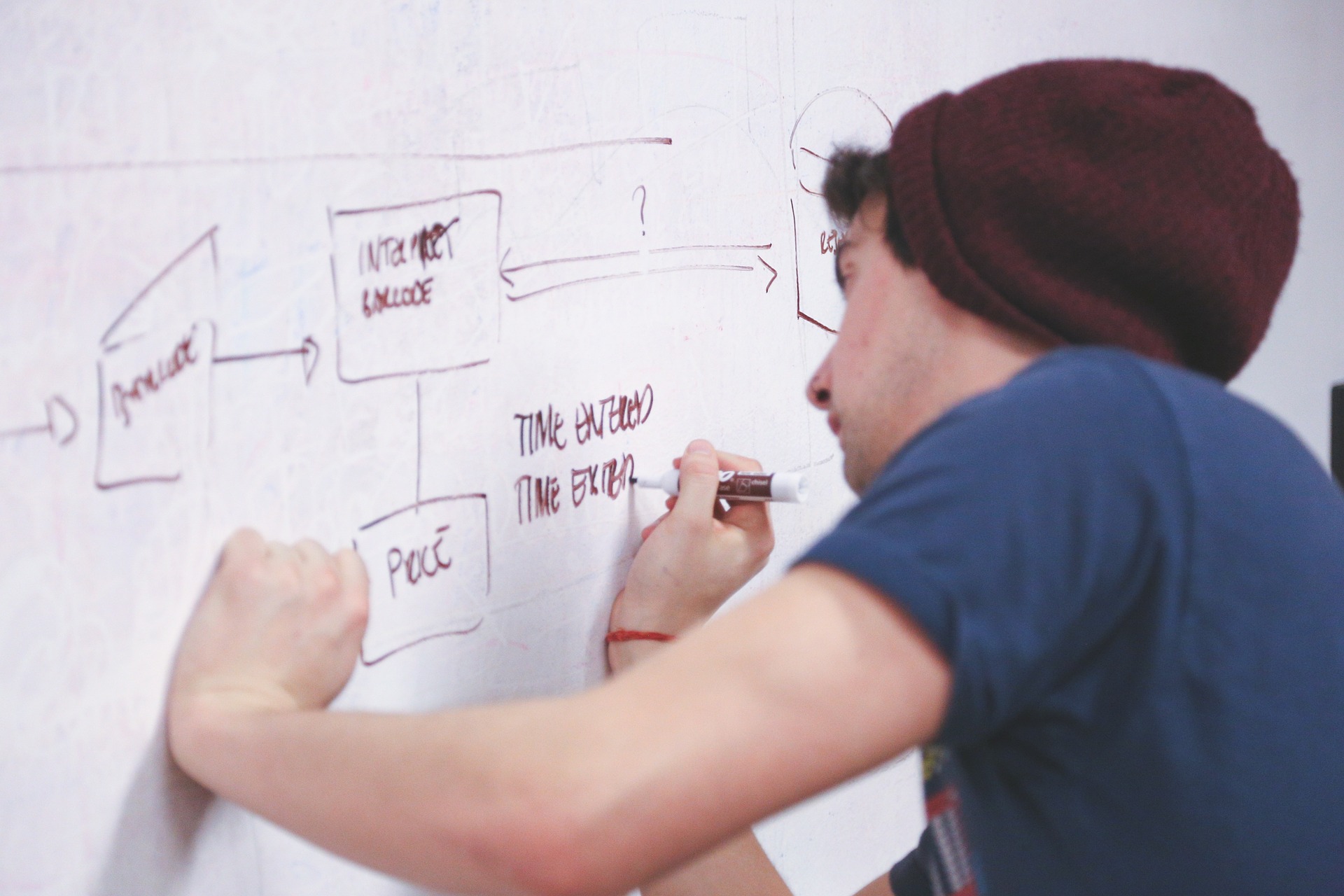
+44 1349 470002
United Kingdom
+44 1349 470002

Cart

 Enquire
Enquire
 ITIL® Practitioner
ITIL® Practitioner
 ITIL® Service Lifecycle - Service Transition
ITIL® Service Lifecycle - Service Transition
 ITIL® Service Capability - Operational Support And Analysis
ITIL® Service Capability - Operational Support And Analysis
 ITIL® Service Capability - Planning, Protection, And Optimization
ITIL® Service Capability - Planning, Protection, And Optimization
 ITIL® Service Capability - Release, Control & Validation
ITIL® Service Capability - Release, Control & Validation
 ITIL® Service Lifecycle - Service Strategy
ITIL® Service Lifecycle - Service Strategy
 ITIL® Service Lifecycle - Service Operation
ITIL® Service Lifecycle - Service Operation
 ITIL® Service Capability - Service Offerings & Agreements
ITIL® Service Capability - Service Offerings & Agreements
 ITIL® Service Lifecycle - Service Design
ITIL® Service Lifecycle - Service Design
 ITIL® Service Lifecycle - Managing Across The Lifecycle
ITIL® Service Lifecycle - Managing Across The Lifecycle




 Certified EU General Data Protection Regulation (EU GDPR) Foundation
Certified EU General Data Protection Regulation (EU GDPR) Foundation
 Certified EU General Data Protection Regulation (EU GDPR) Foundation and Practitioner
Certified EU General Data Protection Regulation (EU GDPR) Foundation and Practitioner
 Certified EU General Data Protection Regulation (EU GDPR) Practitioner
Certified EU General Data Protection Regulation (EU GDPR) Practitioner
 Certified Data Protection Officer (CDPO)
Certified Data Protection Officer (CDPO)
 Dealing with Subject Access Requests (SAR)
Dealing with Subject Access Requests (SAR)
 Dealing with Subject Access Requests (SAR) - An Executive Briefing
Dealing with Subject Access Requests (SAR) - An Executive Briefing
 EU General Data Protection Regulation (EU GDPR) Awareness
EU General Data Protection Regulation (EU GDPR) Awareness




 Programming & Database
Programming & Database

Let us start with the basic understanding that the role of a programme manager is different from that of a project manager and in order for us to consider the attributes of a good programme manager, we need to know what the role entails and acknowledge the differences between those two roles.
First, a project is a “temporary organisation created for the purpose of delivering one or more business products according to an agreed business case.” Now, if we take the project manager role, their specific responsibilities include ensuring that all the products or services required by the customer or user are constructed according to the specified level of quality, without exceeding the agreed cost and time. This means creating a project plan and assigning tasks to individuals who have the appropriate skills and proficiencies to design and create the project outputs. There are other strategies covering quality management, risk and issue management, change control and communications management that the project manager needs to set up to ensure the smooth running of the specific initiative.
Secondly, a programme is a “temporary, flexible organisation created to co-ordinate, direct and oversee the implementation of a set of related projects and activities in order to deliver outcomes and benefits related to the organisation’s strategic objectives.” As such the programme manager is responsible for the action of carrying out the co-ordinated organisation, direction and implementation of a dossier of projects and transformation activities to achieve outcomes and realise benefits that are of strategic importance to the organisation. From this it can be seen that the duration of a programme is commonly longer that that of a project.
If we look at the two roles we can see that the focus of the project manager is much narrower that the programme manager and more specifically is rooted in managing the delivery of outputs rather than outcomes. Therefore, their nucleus of stakeholders tends to be smaller than that of the programme manager. They are more likely to be task-driven, as is the nature of managing ‘production’ on a day-to-day basis and they are not necessarily involved in the change management transition work which follows the delivery of their outputs. The programme manager, on the other hand, isn’t responsible for delivering the outputs, as they have delegated that to the project manager, but they are responsible for making sure the wider stakeholder community is kept informed and engaged throughout the programme. Their remit also extends to ensuring there is a smooth transition of outputs and capabilities into the operational area. This does not mean they have to perform the pre-transition, transition and post-transition tasks but it does mean they are responsible for those tasks being planned and actioned.
• OK, we now know what programme managers do, so what sort of characteristics or attributes are needed to perform the role against the above context?
• Plainly the most obvious attribute is an ability to engage with a very wide audience, therefore excellent communication and collaboration skills are paramount
• The ability to create lasting relationships through a ‘win-win’ style of negotiation
• Having enough seniority to carry the role appropriately coupled with strong leadership and management skills
• Knowing themselves well enough so that they don’t get in the way of their project managers – i.e. they delegate appropriately
• Having an understanding of portfolios and strategy and therefore being able to see the big picture whilst keeping to a vision for their own programme
• Being able to plan at a high level and not be drawn into the detail
• Having a wide network that gives them the ability to remove blockages for their project managers
• Giving themselves ‘head-space’ to provide thinking time in order to avoid knee-jerk management
• Having credibility in programme management (“been there, done that”) as well as in the subject of the programme
• Using management by walk about so as to be seen by the project teams and not hide away
• Having a good knowledge of project management methods, budgeting and resource management
• And finally…a sense of humour!
Interestingly, according to our studies, there are some tell-tale signs of the more effective programme manager and pearcemayfield’s research identified ‘alpha trait’ programme managers as a distinct sub-population. Three emerging characteristics of the alpha traits are:
There were other Key Messages that came out of our study:
• They believed that task- or process-oriented approaches may be necessary but are insufficient on their own
• Higher performers are more proactive, generally
• Good programme managers help the effectiveness of individuals by connecting them to others.
Thus…programme managers plan to allow themselves ‘headspace’ to think rather than fill their diaries with back-to-back meetings and they will spend around 80% - 85% of their discretionary time communicating with stakeholders.
No one said the role of programme manager was easy but it can be made easier by adopting a few of the above attributes.




Thank You For Your Enquiry.
Our representative will get in touch with you shortly.You can also:Call Us: +44 1349 470002
Email Us: info@pearcemayfield.com
Thank You For Your Enquiry.
Our representative will get in touch with you shortly.You can also:Call Us: +44 1349 470002
Email Us: info@pearcemayfield.com